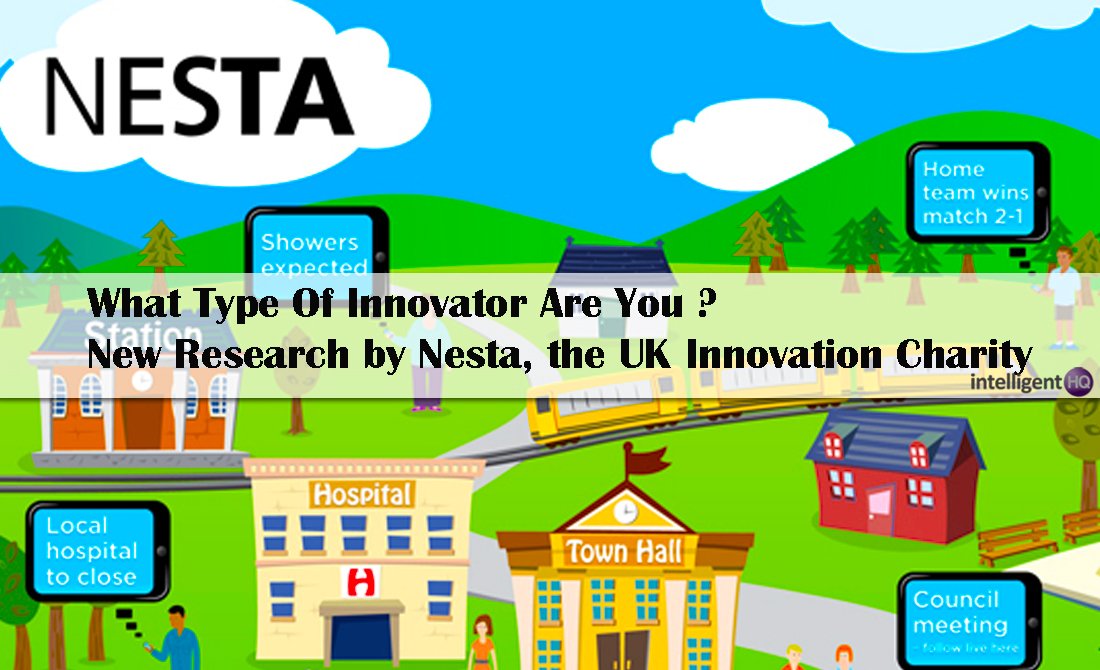ULab’s Last Final Live Session Will Happen in London, at Impact Hub King’s Cross. ULab’s core team (Otto Scharmer, Adam Yukelson and Julie Arts) will be traveling over to London for the final live session, the following December 15th.
The session, which is programed to start at 2 PM, will showcase some of the emerging prototypes that have come out of the U.Lab London groups, and other prototypes, developed in all the different hubs around the world.
U.Lab is a course, developed by Otto Scharmer, a Senior Lecturer at MIT, that introduces the variable of consciousness into management and the social sciences. Theory U proposes that the quality of the results that we create in any kind of social system is a function of the quality of awareness, attention or consciousness that the participants in the system operate from. The course provides participants with tools to improve their degree of that same awareness, attention and consciousness.
2016’s version of the U.lab was entitled Leading From the Emerging Future. The course began last September, assembling together 75 000 participants coming from more than 130 countries, organized in hundreds of live and virtual coaching circles, around the world. All together we were part of a global online/offline classroom.
The U.Lab uses the “iceberg model” to explain how today’s environmental, social, and spiritual-cultural challenges cannot be meaningfully addressed by just treating their most visible symptoms. In an article published on the website Huffington Post, Otto Scharmer writes how change makers need to understand and address the deeper root issues, the sources and paradigms of thought that give rise to this divide. He writes: “This requires more than entrepreneurship and creative thinking; it also requires tapping into our deeper sources of passion and compassion.”
The iceberg model. Image source: Presencing InstituteOver the course of 8 weeks, the course aimed to tackle some of those challenges, by providing the participants with various “hands on” innovative tools, adapted to the 6 main themes of the U.Lab method. These are: co-initiating, co-sensing, presencing, crystallizing, prototyping and co-evolving.
If the first 4 weeks, were more about the 4 main topics of co-initiating, co-sensing, social presencing and presencing, which concern the journey down the left-hand side of the U, crystallizing, prototyping and co-evolving guided the participants into the right hand side of the U curve.
Prototyping’s week, for example, led the participants into shaping their future projects, by suggesting that these should integrate head, heart and hand, and by describing its 6 core characteristics. Prototypes are seen as experimental explorations of something new, but still a work in progress. A prototype contains some of the characteristics of the final product, project or eco-system, but its only a first version of it. A selection of some of the new prototypes, that have been emerging from this year’s course (2016) from different corners of the world, will be presented to the U.Lab community and the public in general, the following 15th December from 2 pm onward.
Prototyping. Image source MITx U.Lab, Leading from the emerging futureThe live session will be the final event that concludes the course. Impact Hub Kings Cross can only hold so many people, so one needs to sign up to attend the session. You can find more information about the event at Impact Hub Kings Cross website

Maria Fonseca is the Editor and Infographic Artist for IntelligentHQ. She is also a thought leader writing about social innovation, sharing economy, social business, and the commons. Aside her work for IntelligentHQ, Maria Fonseca is a visual artist and filmmaker that has exhibited widely in international events such as Manifesta 5, Sao Paulo Biennial, Photo Espana, Moderna Museet in Stockholm, Joshibi University and many others. She concluded her PhD on essayistic filmmaking , taken at University of Westminster in London and is preparing her post doc that will explore the links between creativity and the sharing economy.



























